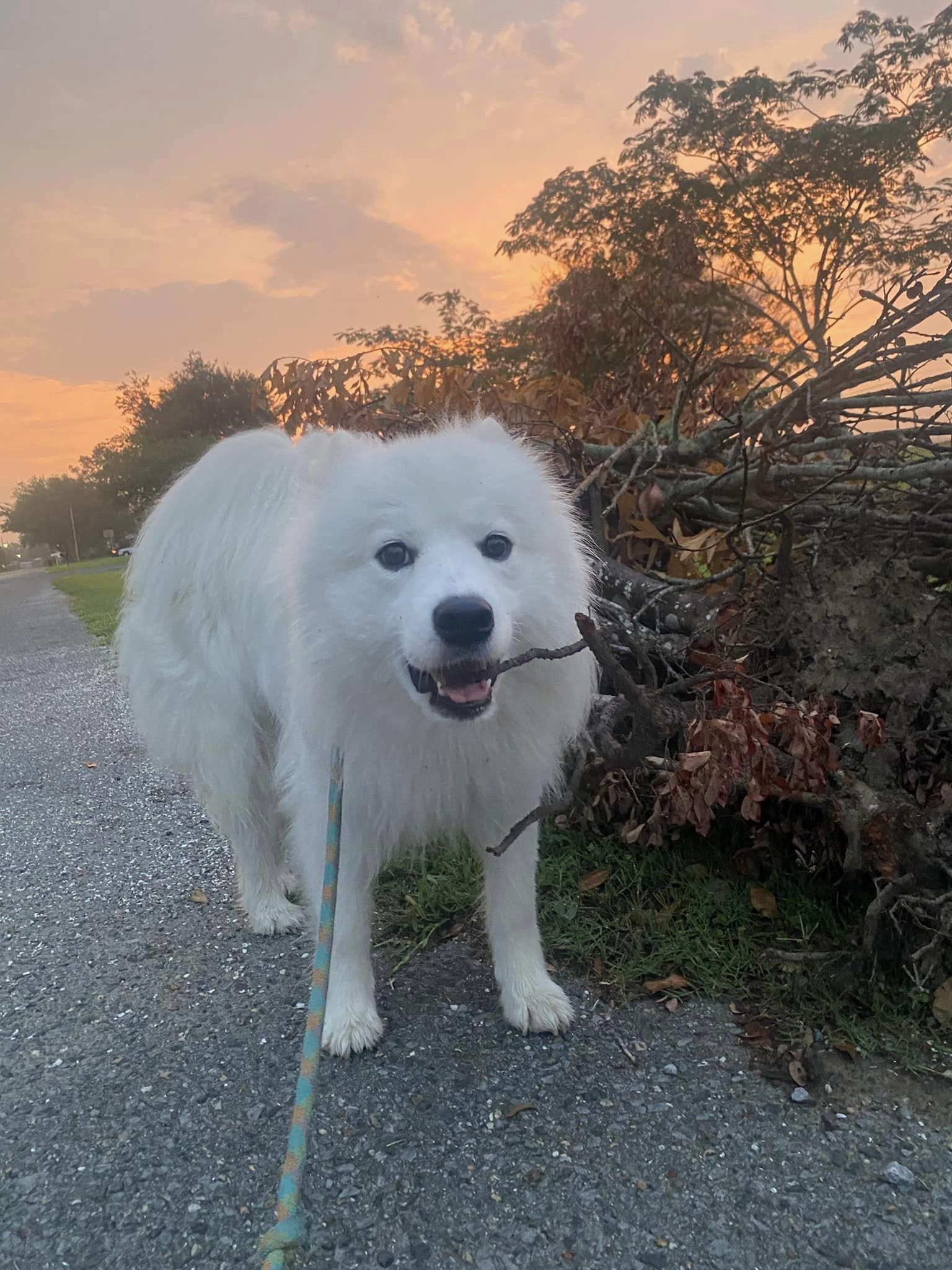Dog waste isn’t just a nuisance; it carries serious health risks for both humans and animals. Here’s a look at some of the most concerning diseases spread through dog feces and why picking up after pets is essential.
1. Toxocara
Overview: Toxocara canis, a roundworm commonly found in dogs and foxes, is one of the most dangerous parasites present in dog waste. It’s zoonotic, meaning it can infect humans, animals, and even other pets.
Health Impact: In humans, Toxocara larvae can migrate through the body, forming cysts in critical organs like the liver, brain, or eyes, potentially causing blindness. These larvae may also trigger an inflammatory response, leading to granulomas or thick-walled capsules around the cysts.
Symptoms:
- Visceral Larval Migrans (VLM): Symptoms include wheezing, fever, coughing, and abdominal pain, depending on which organs are affected.
- Ocular Larval Migrans (OLM): Symptoms may range from eye pain and redness to vision loss. More severe signs include a fixed pupil or white reflection through the pupil.
Prevention: Regular worming treatments for pets are crucial, as well as consistent poop pick-up, even in rural or isolated areas. Regular fecal testing and paw cleaning after walks are also recommended.
2. Parvovirus
Overview: Parvovirus is a highly contagious and often deadly disease that only affects dogs. It spreads primarily through contact with infected feces.
Symptoms: Dogs infected with parvo can suffer from severe vomiting, diarrhea, dehydration, and irreversible gut damage. The disease poses a high risk to puppies, who may not yet be vaccinated.
Prevention: Vaccination is the best way to protect dogs from parvo. Picking up feces also reduces exposure for other dogs.
3. Giardia
Overview: Giardia is a microscopic parasite that causes diarrhea in humans, dogs, and other animals. It spreads through contaminated water, soil, or direct contact with infected feces.
Symptoms: Dogs with Giardia may experience diarrhea, weight loss, vomiting, or gas. However, some dogs can carry and shed Giardia without symptoms, increasing the risk for others.
Prevention: Pick up and safely dispose of dog waste, especially in areas near water sources
4. Hookworm
Overview: Hookworms are parasitic worms spread through dog feces that can infect both people and animals.
Health Impact: Hookworm larvae can penetrate human skin, often affecting barefoot individuals, causing a condition known as Cutaneous Larval Migrans, marked by skin inflammation.
Prevention: Regularly clean up dog waste, especially in areas where children or adults may walk barefoot.
5. Campylobacter and Salmonella
Overview: These bacteria are zoonotic, meaning they can cause illness in animals and humans alike. They are typically asymptomatic in dogs but can make humans very ill.
Symptoms: In humans, infections can lead to severe vomiting, diarrhea, and even pregnancy complications.
Prevention: Dispose of dog waste promptly and wash hands after handling it.
6. Cryptosporidium
Overview: This protozoan parasite can cause severe gastrointestinal issues in both animals and humans.
Symptoms: Dogs and humans infected with Cryptosporidium often suffer from debilitating diarrhea.
Prevention: Safely dispose of dog waste, especially in areas where other animals or children may come into contact with it.
7. Tapeworm
Overview: Tapeworms, including species like Taenia and Echinococcus, can infect both animals and humans, leading to significant health issues.
Health Impact: While some tapeworms like Taenia primarily affect farm animals, others, like Echinococcus, can form cysts in human organs, causing life-threatening infections.
Prevention: Dispose of waste in secure trash bins to prevent contamination.
8. Neospora
Overview: Neospora is a parasitic infection that primarily impacts farm animals but can also affect dogs.
Health Impact: When cows graze on contaminated grass, they may miscarry, leading to economic losses for farmers.
Prevention: Picking up and disposing of dog waste prevents the parasite from contaminating farm environments.
8. Safe Waste Disposal
Proper disposal methods prevent contamination and spread of disease and you should avoid burying dog waste, as this can increase soil contamination.
At We Do Poop: We double bag every load and place them in your trash bin or haul off the waste, depending on the package you chose, because dog waste carries numerous health risks, from severe parasitic infections to contagious viruses. Regular parasite control, responsible disposal, and good hygiene practices are essential to reduce these risks. Picking up dog waste is more than just courtesy—it’s an essential step in protecting our health and that of our family around us.
